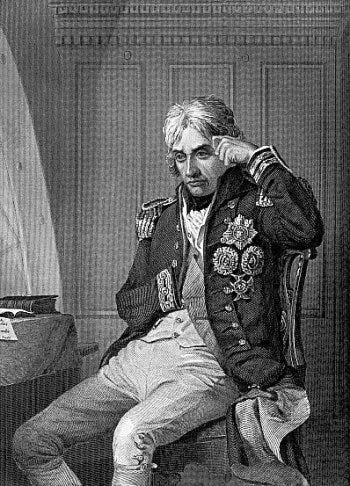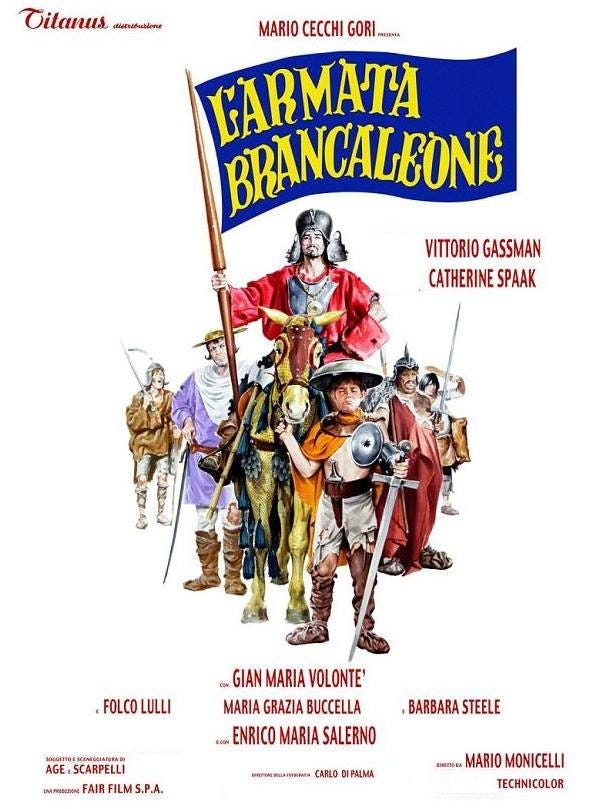As You Were
Space is an industry with understandably close ties with the military. Comms, surveillance, electronic intelligence, remote sensing—they are naturally valuable ways of transferring and collecting information about real or potential adversaries. The military is an attractive—albeit tricky—customer, and its establishment tends to populate the space business with its talent: there is a natural influx of people with military backgrounds venturing into the space business. And with their military backgrounds, they tend to bring their military baggage of old ways and their military-shaped views of hierarchy, command, authority and what have you.
But business is not the military.
Team members are not soldiers.
Selling is not warfare.
An office is not a barrack.
These military managers can be—ironically—spotted from the distance, despite their love for camo: heavy practitioners of rank-pulling and micromanagement, they show a tendency to be full-time control freaks.
Vice-Admiral Horatio Nelson, 1st Viscount Nelson (29 September 1758 – 21 October 1805), also known simply as Admiral Nelson, was a British flag officer in the Royal Navy. His leadership, grasp of strategy, and unconventional tactics brought about a number of decisive British naval victories during the French Revolutionary and Napoleonic Wars. He is widely regarded as one of the greatest naval commanders in history.
Nelson was innovative in one respect: rather than direct the battle as it was occurring, he would gather his captains together prior to action and tell them his plan but would allow them great leeway in how they carried out their individual orders. Lord Sidmouth, Nelson’s long time friend, would capture his ideas in a collection that would go down history known as The Nelson Touch. After Nelson's death, the phrase took on a broader meaning relating to his leadership style. For Nelson, creating trust amongst his officers was crucial. It allowed him to rely on simple strategies rather than complicated battle plans, certain in the knowledge that his subordinates would support one another in achieving the overall objective and be confident enough to use their own initiative when required.
L'armata Brancaleone (known in English-speaking countries as For Love and Gold or The Incredible Army of Brancaleone) is an Italian comedy movie released on April 7, 1966, written by the duo Age & Scarpelli and directed by Mario Monicelli. It features Vittorio Gassman in the main role. Brancaleone, an incompetent knight, leads an unlikely group of miserable people to take possession of a land in the Apulian town. They face many ups and downs in their journey thanks to the bizarre character of their medieval leader.
The term Armata Brancaleone is still used today in some countries to define any group of badly assembled and poorly equipped people. Little Armatas Brancaleone is what most of these corporate military managers end up pulling off while having the illusion they are leading brave battalions to victory across imaginary lands.



